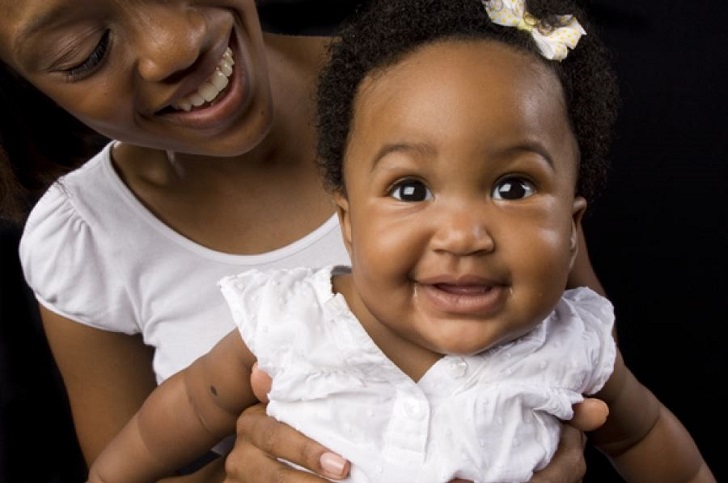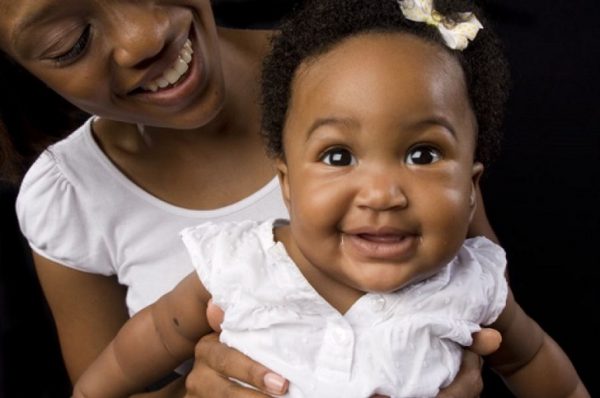What’s in a name?
For many, a name is just a name, but in many parts of the world including Africa, names always mean something. I remember being fascinated by Ghanaian “day names” as a Literature student in Secondary School. I thought it was really cool that one could tell what day of the week a person was born from their name.
In Nigeria in particular, you’d be hard pressed to find a name that isn’t loaded with meaning and significance. Some names are not just nouns but actually full sentences, and often, a name is a wish or a prayer.
Here are 8 examples that have unique significance:
1. Eloho is always a first daughter for Urhobos and Isokos. The name translates to “softness” or “ease” and is usually an indication that she has brought same into the family by showing up first.
2. 99% of Igbo girls named Ada are first daughters. Occasionally people use Ada for other daughters, but most and generally, Ada — Adaeze, Adaobi, Adanna, Adaora, Adaku — is a first daughter.
3. According to Hausa custom, the next child after twins are born is called Gambo, and it was traditionally believed that such a child had supernatural powers.
4. Twins in Yorubaland are named Taiye (Taiwo) and Kehinde. Taiye is the one who sees the world first, and Kehinde is the one who follows behind.
5. If you think Idowu and Alaba are just regular first names, you’re not alone. I used to think so until my service year in Ado Ekiti. Idowu is the child born after twins, and Alaba is the child born after Idowu. Pretty cool, right?
6. If you meet a girl named Edouwaye, you can safely draw these conclusions: Her father is from Benin, her mother is not from Benin, and this child is their first daughter.
7. Grandparents play a big role in naming children too. Names like Nnanna and Nnenna, which mean paternal grandfather and paternal grandmother respectively, are usually given to children who resemble these forebears. In Yorubaland, Yetunde and Babatunde, meaning “grandma has come back” and “grandpa has come back” respectively, are names given to children who either resemble these grandparents or are conceived or born soon following their deaths — in which case they are believed to be reincarnated.
8. Circumstances surrounding a child’s birth also play a role in the naming of that child. In Yorubaland for instance, a child born in transit is named Abisona, and a child born while his father is in a position of authority or honour is named Abisoye. The Itsekiris and the Yorubas also have a special name for a child who was born while his father was away. These children are usually named Tabidemi in Itsekiri and Abidemi in Yoruba.
Do you know any such names in your language? Please share in the comments!


